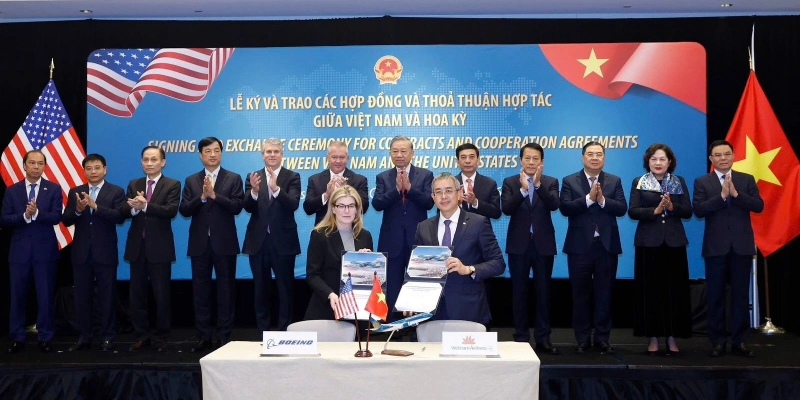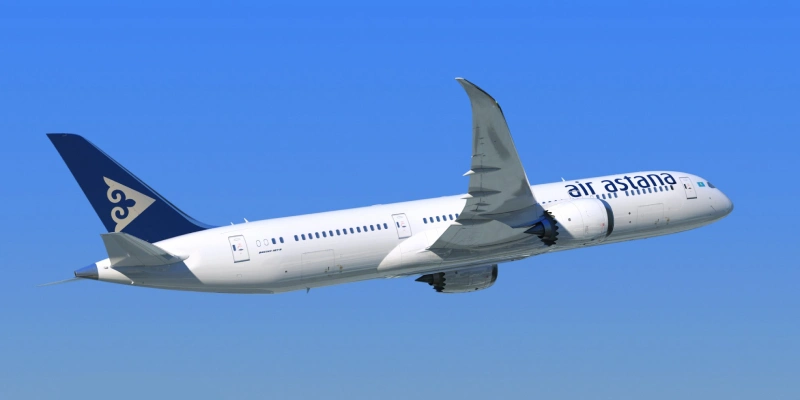Airbus announced this Friday that it has delayed its plans to develop a hydrogen-powered commercial aircraft until the middle of the next decade. This decision marks a setback in the European aerospace giant’s ambitions to pioneer the adoption of hydrogen.
Reasons Behind the Delay
The primary reason for the delay lies in slower-than-expected technological development. Although Airbus has not provided a new timeline for the project, the Force Ouvrière union reported that employees were informed that the necessary technology is five to ten years behind the pace required to meet the initial goal of 2035.
The Hydrogen Challenge in Aviation
In an email statement, Airbus highlighted the transformative potential of hydrogen as an energy source for aviation but acknowledged that developing an ecosystem based on this chemical element — including infrastructure, production, distribution, and regulatory frameworks — is an immense challenge requiring global collaboration and investment.
Despite the delay, Airbus CEO Guillaume Faury has maintained his strong support for this technology, asserting that Europe should lead the transition to hydrogen in aviation. His vision contrasts with Boeing’s more skeptical approach. At last year’s Farnborough International Airshow, Boeing expressed concerns about the safety and technical feasibility of hydrogen.
→ EcoPulse: A Glimpse into the Future of Hybrid-Electric Aviation
Impact on the Industry and Alternatives
Although Airbus had hoped that its hydrogen-powered aircraft — likely a turboprop model with a capacity for 100 passengers — would make a marginal contribution to the aviation sector’s goal of achieving net-zero emissions by 2050, the ZEROe project was seen as an initial step toward broader adoption in the future.
In light of this scenario, the aviation industry has focused its environmental efforts primarily on Sustainable Aviation Fuels (SAF). However, the supply of these fuels from energy companies remains limited, complicating the transition to more sustainable aviation.
Analysts have pointed out that Airbus’ hydrogen project helped ease political concerns in Europe about aviation’s impact on emissions and allowed essential funding for the sector during the COVID-19 crisis.
Hydrogen Challenges and Criticisms
Despite Airbus’ enthusiasm, some environmental groups have pointed out that hydrogen also carries an environmental cost due to the significant amount of energy required for its production. This underscores the complexity of implementing this technology efficiently and sustainably.
Other Affected Projects
The decision to suspend the ZEROe project comes a week after Airbus Helicopters canceled its plans to build the CityAirbus NextGen urban mobility vehicle. The primary reason for this cancellation was uncertainty surrounding battery technology development.
Related Topics
FAA and EASA Grant Initial Certification to Boeing 777-9 Simulators, Enabling Pre-Training Phase for Pilots
Vietnamese Airlines Sign Agreements for 90 Boeing Aircraft
Air Astana Finalizes Largest Order in Its History: Up to 15 Boeing 787 Jets
Boeing to Inaugurate Fourth 737 MAX Production Line in Everett by Mid-Year

Plataforma Informativa de Aviación Comercial con 13 años de trayectoria.




